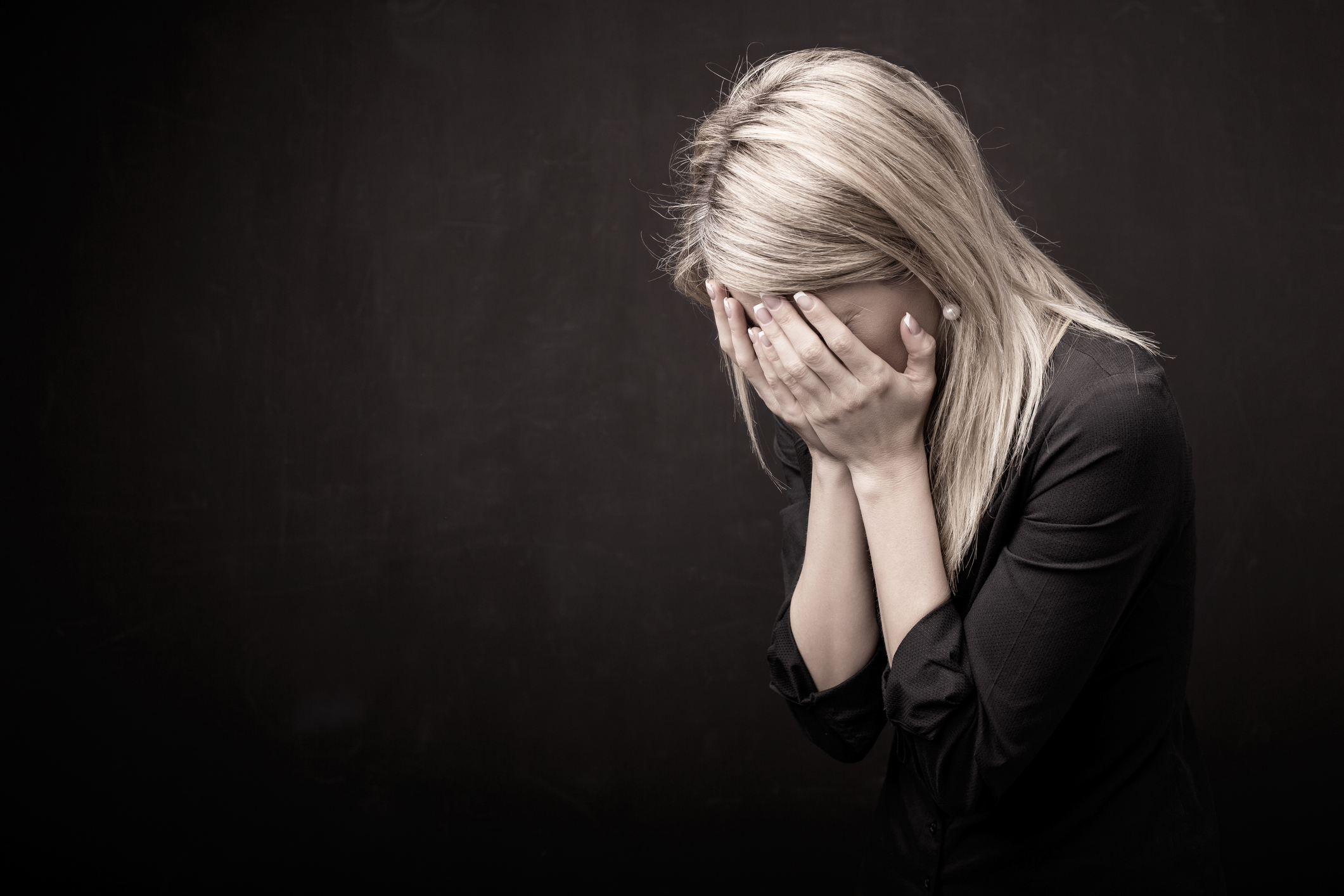Depression in Women: What You Should Know

Depression in Women: What You Should Know
Depression affects more than 15 million American adults or about 6.7 percent of the U.S. population. Clearly, depression affects more than women. However, women experience depression in a unique way. One in four women will experience an episode of depression, and different experiences like menstruation, pregnancy, and menopause trigger depressive episodes.
Depression Caused by Menstruation
It is common for some women to experience severe symptoms of depression before they start menstruating. This mood disorder called premenstrual dysphoric disorder (PMDD) may share symptoms with premenstrual syndrome (PMS) such as bloating, pain and breast tenderness. However, common characteristics of PMDD are moodiness and feelings of anger.
For now, physicians and researchers are unsure why women experience depression prior to starting their period. It is believed that the flooding of a women’s system with estrogen is a major factor. Estrogen is thought to have a negative impact on serotonin production. Once a woman is in the ovulation stage, the estrogen is reduced by the production of progesterone. Still, more research is needed to understand this fully.
Genes may also play a role. Women with family members with PMDD are more likely to have PMDD themselves. PMDD, like other mood disorders, may be a problem with brain chemistry. The fluctuating hormones from ovulation appear to trigger this condition.
Postpartum Depression
Postpartum depression is a specific form of depression that occurs after the birth of the baby. This condition is sometimes referred to as the “baby blues,” but postpartum depression lasts much longer than typical baby blues. Postpartum depression can begin days or months following birth. In some women, postpartum depression occurs while still pregnant.
The birth of a baby can trigger a variety of intense emotions, from joy to fear and anxiety. However, depression is something most mothers do not expect.
Common symptoms of postpartum depression include:
- Mood Swings
- Crying Spells
- Anxiety
- Insomnia
In rare cases, an extreme mood disorder called postpartum psychosis may develop after childbirth. This condition results in high mood and racing thoughts (mania) followed by depression and is associated with hallucinations and delusions. Typically this occurs in the first two weeks after childbirth.
Overall, postpartum depression is not anything to be ashamed of. If you struggle with postpartum depression, treatment can help with managing your feelings, so you can return to enjoying your newborn.
Persistent Depressive Disorder
Persistent Depressive Disorder, formerly known as dysthymia, is an extended form of depression which lasts for two years or more. Major depressive episodes can still occur during the persistent depressive disorder period. People with PDD are highly susceptible to suicidal thoughts and actions due to their long-term depression symptoms which result in hopelessness.
A person with PDD has 2 or more of the following:
- Poor appetite or overeating
- Insomnia or Hypersomnia
- Low energy or fatigue
- Low self-esteem or low self-confidence
- Poor concentration or difficulty making decisions
- Feelings of hopelessness
Major Depression Disorder:
Major Depression Disorder is a serious form of depression in which a woman loses her ability to feel pleasure in previously enjoyed activities. Depression can negatively affect the ability to work, eat and sleep. It impacts social and personal relationships.
Depression affects men and women differently:
Some common distinctions are:
- Women feel anxious while men feel guarded.
- Women tend to blame themselves for their depression; men blame others.
- Women commonly have feelings of worthlessness when depressed while men tend to feel angry.
- Women are more likely to avoid conflicts when feeling depressed; men are likely to create conflict.
- Women often turn to food and socializing to cope; men commonly turn to sex, sports TV or alcohol.
- Women are more likely to express their feelings of self-doubt and despair; men are more likely to keep these feelings secret believing they are a sign of weakness.
Treatment Options
It is important to seek treatment right away to improve your quality of life. Common treatments for depression include therapy, medication and holistic alternatives like yoga and exercise. Depression is certainly nothing to be ashamed of. So many people struggle with depression so you should never be afraid to seek professional help for your condition.
If left untreated, often women will try to manage their symptoms using drugs or alcohol. These substances only mask the problem and make the situation worse. Instead, address your symptoms of depression today. You are not alone. If you or someone you love is struggling with substance abuse or mental illness, please call now 1-800-777-9588.
Author: Shernide Delva
